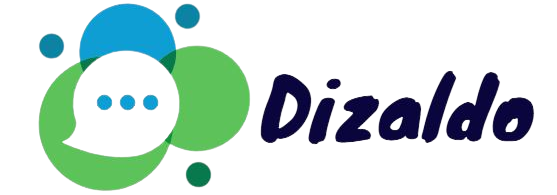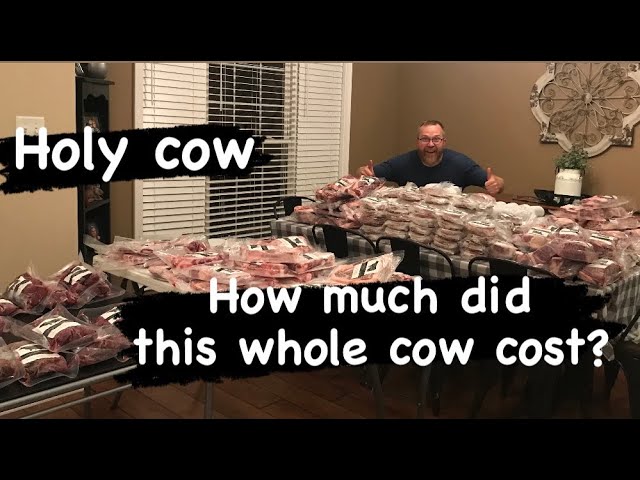When considering livestock, one of the most valuable animals in agriculture is a cow. A cow isn't just a source of food; it is also a source of milk, leather, and other products. Buying a cow is a significant investment, and you need to be aware of the factors that influence the cost of a cow. In this article, we'll cover everything you need to know about how much a cow costs.
Factors that influence the cost of a cow
The cost of a cow can vary depending on a variety of factors. Here are some of the most important factors:
Breed
Breed is one of the most significant factors that influence the cost of a cow. Certain breeds of cows, such as Angus and Holstein, tend to be more expensive than others. The reason for this is that these breeds are known for their high-quality meat and milk.
Age
The age of the cow is another factor that influences its price. Generally, younger cows are more expensive than older cows. This is because younger cows have more years of productive life ahead of them.
Gender
The gender of the cow can also impact its price. Female cows, also known as heifers, are generally more expensive than male cows, also known as steers or bulls. This is because heifers can be used for breeding and milk production.
Location
The location of the farm where the cow is being sold can also impact its price. Cows in some regions may be more expensive than others because of differences in supply and demand.
The cost of buying a cow
When purchasing a cow, you have two main options: buying a calf or buying a mature cow. The cost of a calf can range from $500 - $1500, depending on the breed and age. The cost of a mature cow can range from $1000 - $3000 or more.
It's important to note that the cost of buying a cow is just the beginning. There are other expenses associated with owning a cow, such as feed, medical care, and shelter.
The benefits of owning a cow
While owning a cow requires a significant investment upfront, there are many benefits to owning one. Here are some of the most important benefits:
- A source of food: A cow can provide a significant amount of meat, milk, cheese, and other dairy products.
- A side business: If you have extra milk, you can sell it to neighbors or make cheese and sell it at a farmer's market.
- Agricultural tax exemptions: Owning cows and other livestock can provide significant tax benefits for farmers.
- A learning opportunity: Raising a cow can teach you valuable skills about animal husbandry and farm management.
Conclusion
Buying a cow is a significant investment, but it can also be a wise one. Understanding the factors that influence the cost of a cow can help you make an informed decision about whether or not to invest in one. If you have the land, resources, and expertise required to raise a cow, it can be a worthwhile investment that provides you and your family with food and other valuable products for years to come.

